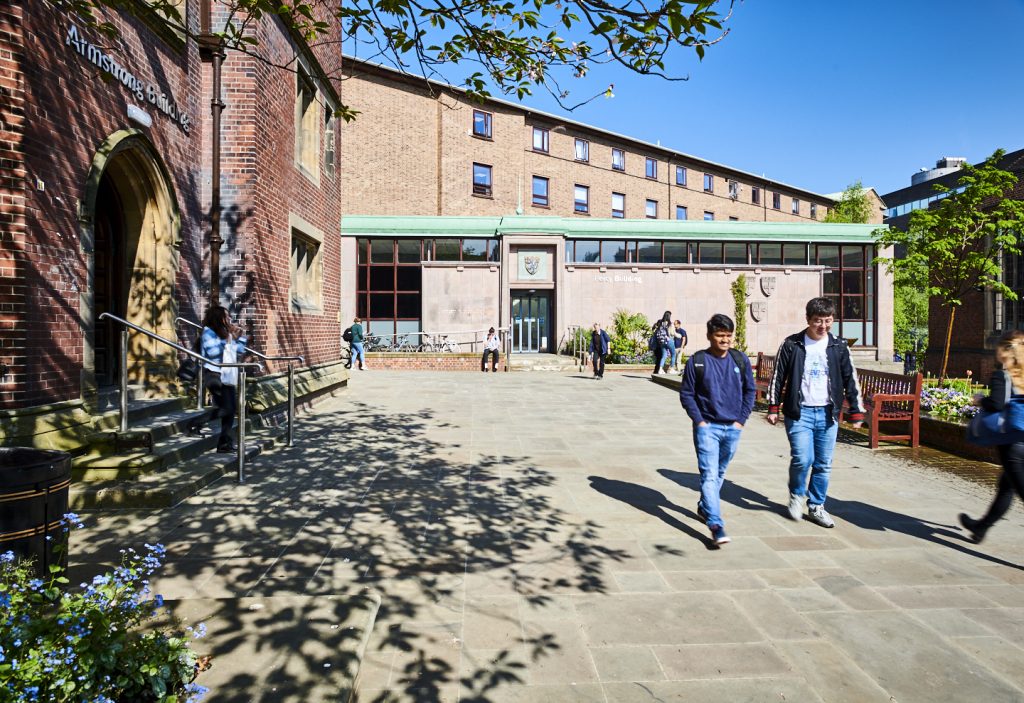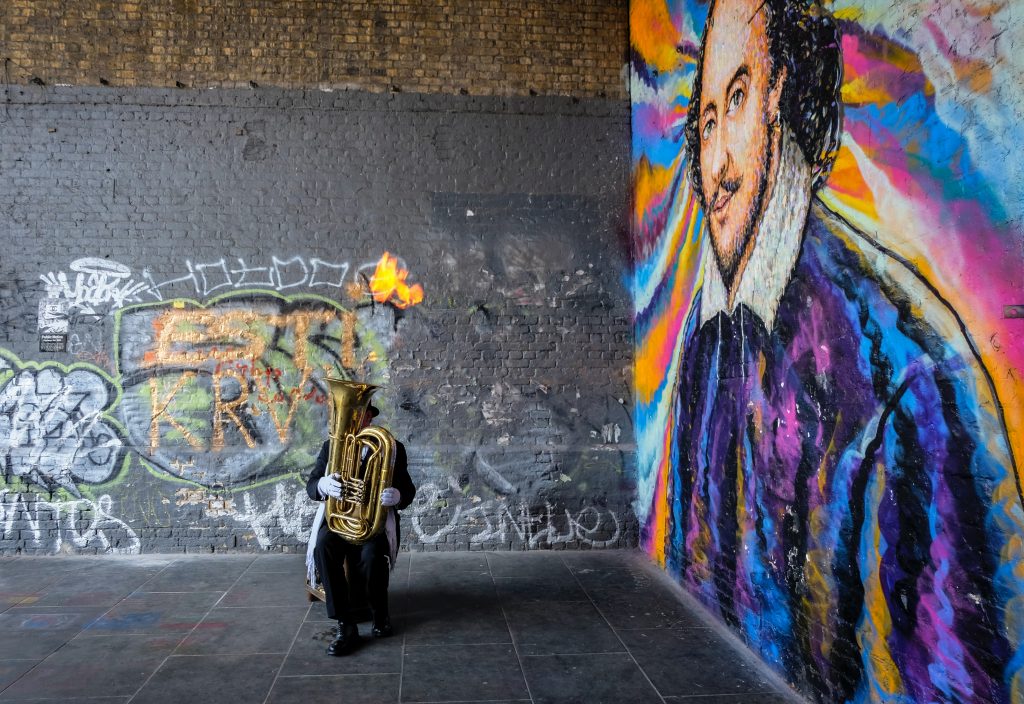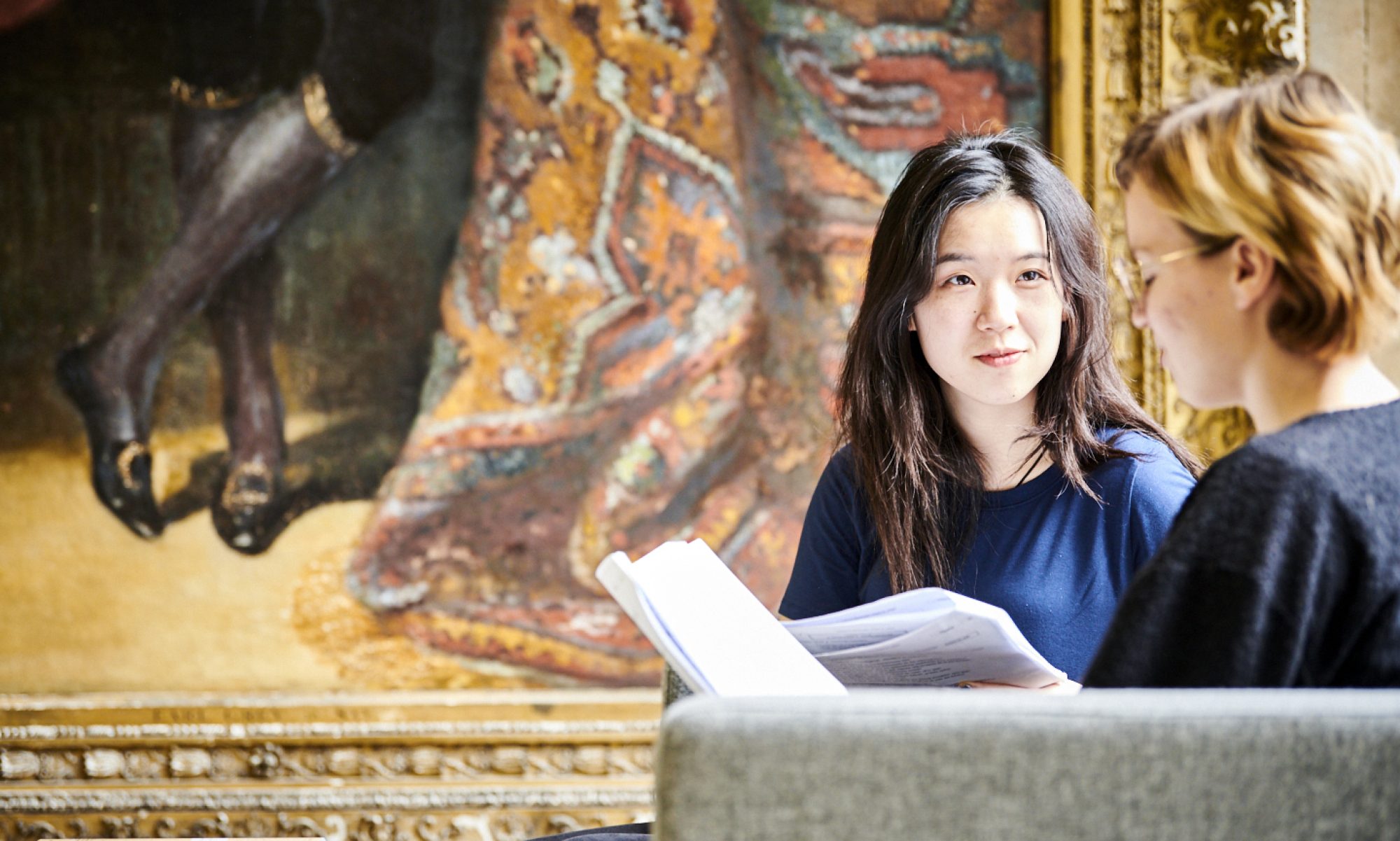Hello Everyone,
My name is Emma Whipday, and I am a lecturer in Renaissance literature at Newcastle University. Following the UK government announcement regarding 2020 Exam results on Monday 17 August, we wanted to reassure you that your offer still stands and we are looking forward to welcoming you to the School of English Literature, Language and Linguistics in September. If you do want to find out more about the University’s approach please read our statement and our offer holder FAQs. I teach the ‘Renaissance Bodies’ module to our second years and the ‘Women on Trial’ module to our third years.

Your Induction
Our flexible and enhanced University Induction programme for new students will provide you with a warm welcome and introduction to Newcastle University and Newcastle University Students’ Union (NUSU).
From Monday 28 September you’ll be able to access our Induction programme on Canvas – our Virtual Learning Environment. All information and activity will be offered online and we’ll send you full instructions on how to access Canvas the week before term starts. Some activities may include on-campus opportunities, but these will be dependent on physical distancing requirements at the time and will follow Covid-19 safety guidelines.
You’ll also receive school-specific induction information in the near future, designed to introduce you to the School of English Literature, Language and Linguistics and your degree programme. This will include everything you need to know before starting, including selecting optional modules, accessing your timetable and reading lists.
Frequently asked questions and COVID-19
We’re regularly updating both our COVID-19 FAQs and our Student Experience 2020 guide with all the latest information you need about starting your course as the Covid-19 situation continues.

Pre-arrival activities I am writing to you today to share some videos I produced about dangerous homes in Shakespeare’s tragedies (and one comedy). I hope that they give you some food for thought before you start your degree in the Autumn:
- Stay at Home Shakespeare 1: Witchcraft Murder and Magic in Macbeth
- Stay at Home Shakespeare 2: The Balcony in Romeo and Juliet
- Stay at Home Shakespeare 3: Virtual Families and Ghost Stories in Hamlet
- Stay at Home Shakespeare 4: Locks, Keys and Privacy in Othello
- Stay at Home Shakespeare 5: Outside in King Lear
- Stay at Home Shakespeare 6: Dangerous Fairies in A Midsummer Night’s Dream
In addition to watching these videos, you might want to have a think about the following questions in relation to any other Shakespeare plays you know:
- What do you think about the relationship between domesticity and violence in Shakespeare?
- Are his characters safe in their homes, or does home become the place where they are most vulnerable?
- And do we only get to see his characters ‘at home’ on stage when something tragic is about to happen?
Finally, do look out for further material on this topic and others that will appear on our Twitter page, with the hashtag #NCLReady. If you have any questions, please don’t hesitate to get in touch, either through social media or by email.
Best wishes,
Emma Whipday
Lecturer in Renaissance Literature School of English Literature, Language and Linguistics

